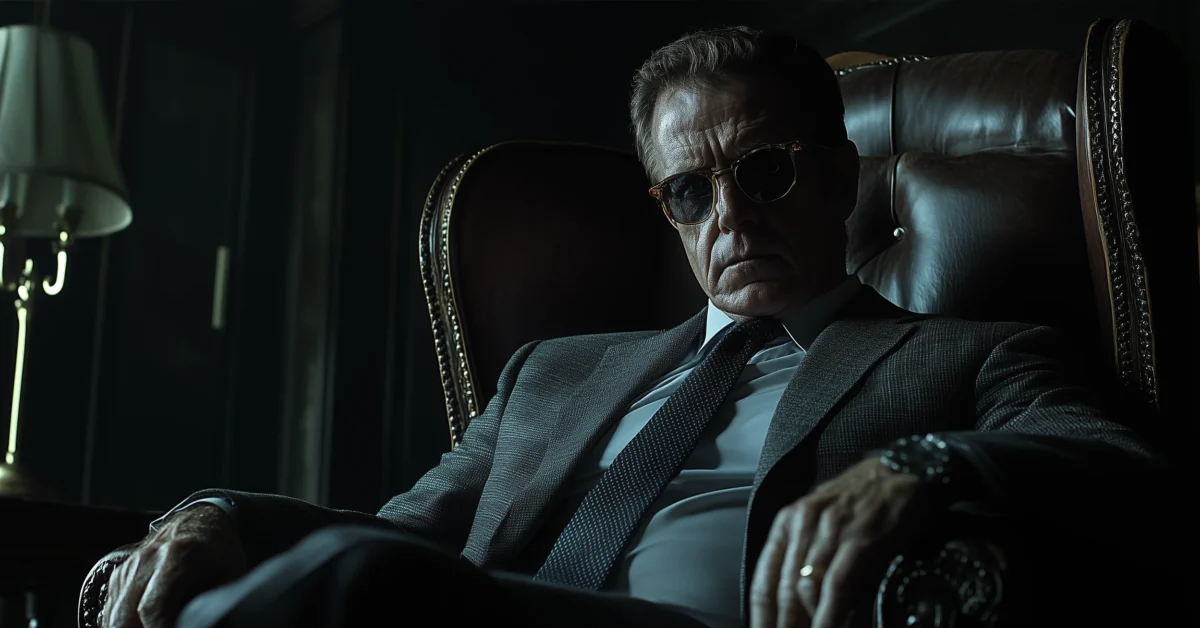
Decision Fatigue is a Luxury You Can’t Afford

Strategy Isn’t a Deck. It’s a Scar.
Most leaders aren’t crushed by bad markets or bad ideas. They’re crushed by pressure.
Introduction
Most leaders aren’t crushed by bad markets or bad ideas. They’re crushed by pressure. Vision isn’t some innate superpower; it’s fragile, volatile, and easily warped. If you don’t understand what pressure actually does to decision-making, you won’t survive long enough to matter.
The Myth of the Untouchable Visionary
Popular narratives lionize founders as unbreakable visionaries. We are taught to believe that a strong enough vision can withstand anything — markets, failures, betrayals, recessions. The myth is comforting. It sells books, builds personal brands, and fuels venture capital pitches. But it is just that: a myth.
In reality, vision is one of the most fragile assets a leader possesses. Under stress, even the sharpest minds experience cognitive distortions. Pressure introduces subtle biases — myopia, urgency addiction, hero fantasies. Over time, these distortions don’t just influence decision-making. They mutate the original vision into something unrecognizable. Without systems for clarity and recalibration, even the most brilliant ideas are eroded at the cognitive level before they ever fail in the market.
Pressure Doesn’t Reveal Character. It Deforms It.
There is a common saying: "Pressure reveals character." In leadership, this is dangerously incomplete. Pressure more often deforms character than reveals it.
When the stakes rise, cognitive traps open beneath even the most stable leaders. Stress fractures leadership at its foundations. The vision narrows. Fear of loss breeds risk aversion. Conversely, desperation to "prove" oneself leads to reckless hero moves. Both paths are distortions — reactions to internal chaos, not clarity.
Look at real-world examples. At WeWork, Adam Neumann’s initial vision of creating community through shared workspaces deteriorated into reckless overreach fueled by unchecked stress and ego preservation. At Theranos, Elizabeth Holmes’s vision of democratizing healthcare became a dark delusion under the pressure to deliver the impossible. These leaders didn’t fail because they lacked vision. They failed because they were unable to protect it from deformation under pressure.
What Vision Actually Needs to Survive
Vision isn’t protected by passion or perseverance alone. It survives through disciplined psychological endurance.
This means building strategic systems that allow recalibration under pressure. Trusted advisors who are willing to confront you, not flatter you. Second-brain frameworks that archive your clearest moments for when panic muddies your mind. Adversarial thinking rituals that deliberately surface what you might be missing — or refusing to see.
Real vision demands a brutal form of self-regulation. It’s not about holding the original idea tighter as things get harder. It’s about systematically stress-testing your assumptions and staying willing to evolve without losing the signal inside the noise.
Training for Impact, Not Just Endurance
Leadership endurance is not about survival. It’s about remaining impactful through chaos, ambiguity, and loss. To achieve this, leaders must embed "shock absorbers" into their strategic systems — buffers that absorb volatility without transmitting it into core decision-making.
This includes building mental models specifically designed for uncertain environments. Models like inversion ("What must be avoided at all costs?"), forcecasting ("What forces are shaping this market whether I like it or not?"), and base-rate thinking ("What normally happens in situations like this?") become essential operating tools, not optional luxuries.
Seasoned operators also practice controlled exposure to chaos. They simulate high-stress scenarios, not to foster anxiety, but to cultivate detachment. When the real shocks come — and they always do — the nervous system doesn’t react with panic. It responds with poise.
Impact
Still think vision is enough? Get sharper. Get harder. Stay dangerous.
In a world that mythologizes leaders for their initial spark, few are prepared for the long war of protecting clarity under pressure. Understand what pressure truly does — and what must be built to endure it — and you will not just survive. You will shape the future while others are still mourning their original plans.



